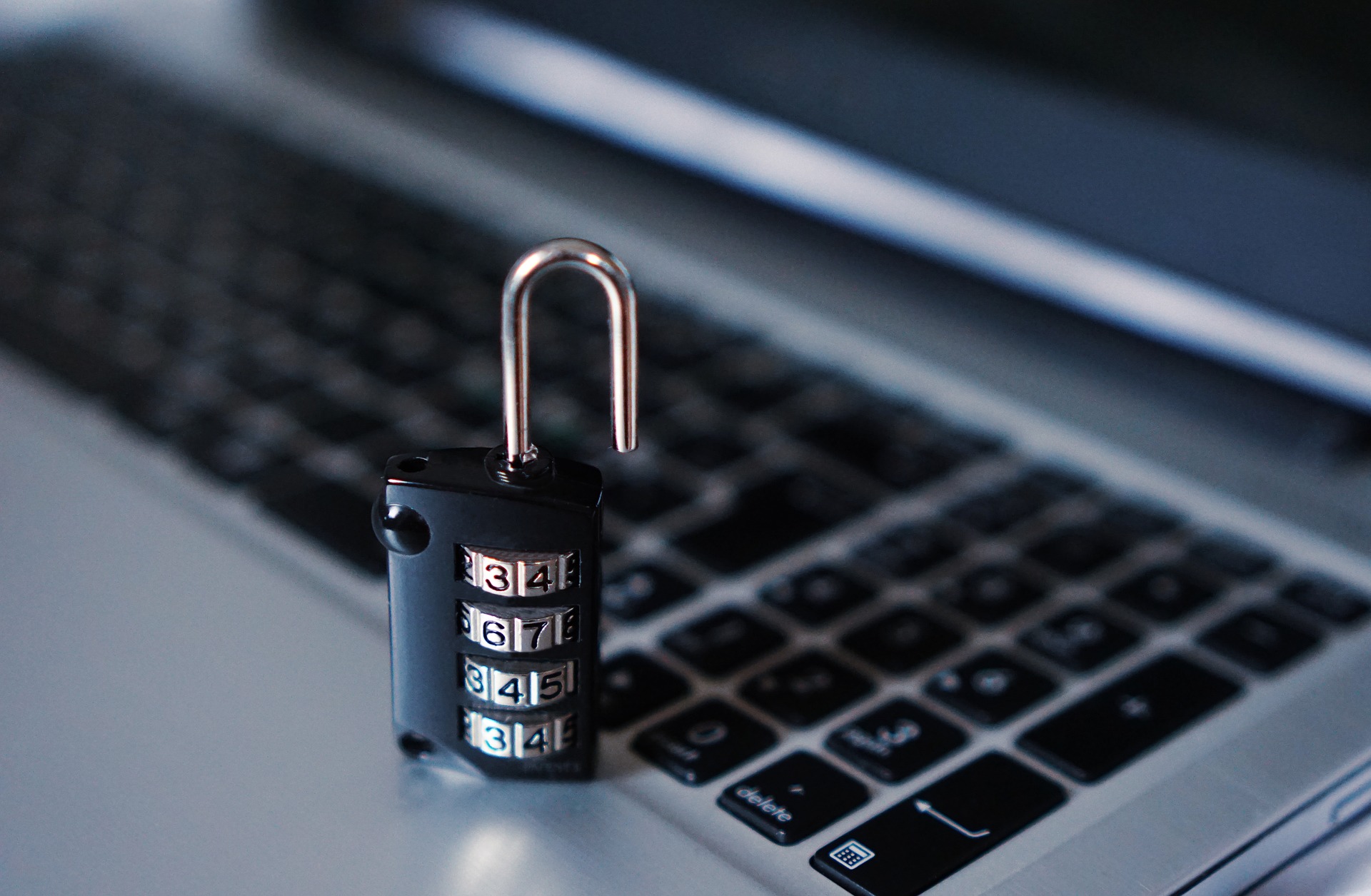Business security is essential for all small businesses. Learn how to protect your company, your business data, your employees’ and customers’ data from cyberattacks, and stay competitive with these 10 tips on cybersecurity.
1. Control physical access to your business data
Prevent access to your devices and networks by unauthorized individuals. Make sure the mobile devices and laptops are secured with strong passwords in case of theft or loss.
2. Provide security awareness training
Train your employees in security principles and practices, and create a culture of cybersecurity. Strong passwords, proper Internet use, careful handling of customer information, data backups, etc. are some of the key topics of such training.
3. Limit data access and authority
Create layered security, through additional passwords, encryption, etc. and limit your employees’ access to sensitive data. Also, limit the authority to install software and apps.
4. Run regularly backups
Regularly backup critical business data. If possible, use an automatic backup data system or save data at least weekly. Secure the copies offsite or use cloud services for backup.
5. Strengthen passwords and require multi-factor authentication
Ask your employees to use unique and strong passwords that should be changed regularly. Also, implement multi-factor authentication that requires the password and some extra info to gain access to a business account.
6. Install all software and firmware updates
Keep your software and firmware up-to-date, because patches are released to correct vulnerabilities, such as security issues.
7. Use antivirus software and firewall
Make sure all the operating systems have the firewall enabled. Also, install and regularly update antivirus software. Scan all the units and devices for viruses.
8. Secure Wi-Fi networks
Use WPA2 or WPA3 for Wi-Fi encryption, and always change the default passwords. Make sure the wireless router cannot be accessed from outside of your network.
9. Implement spam and web filters
Spam filters block spam emails and phishing emails from reaching your inboxes, while a web filter protects your business against web-based attacks. More precisely, the web filter prevents your employees from visiting dangerous websites.
10. Develop a security plan for mobile devices
Mobile devices can put your business at risk, especially if employees use their personal devices for work. Create policies that require at least mandatory security updates and regular password changes.
Before using these tips, we also recommended to run a cybersecurity audit and see what tools and tactics can better address your business security needs. Contact us for highly reliable cybersecurity services.


0 Comments